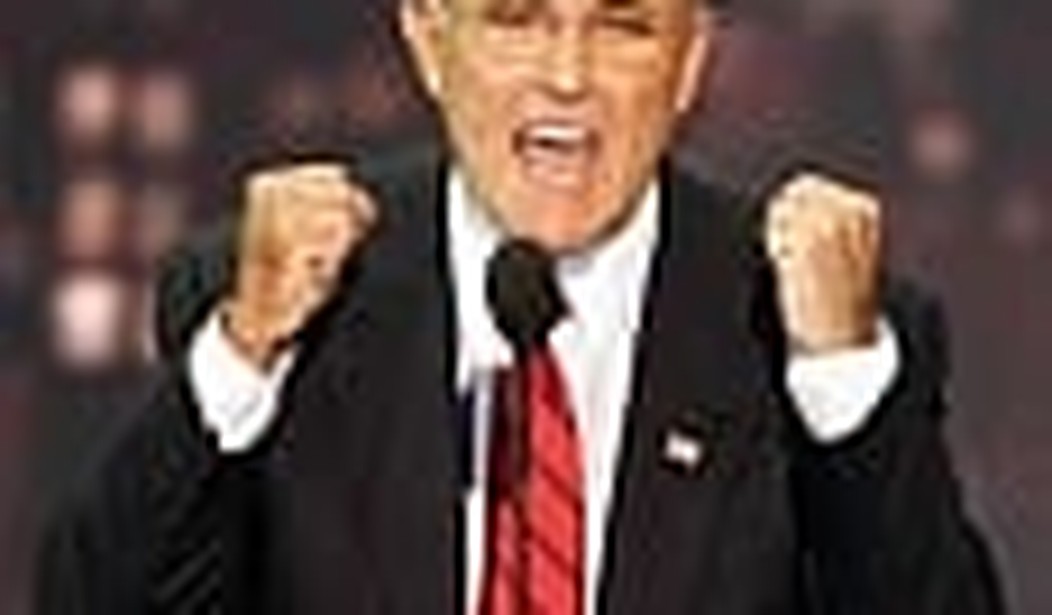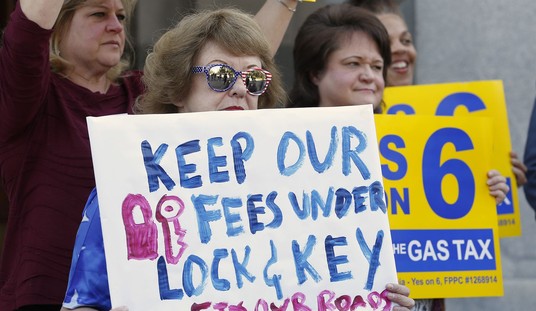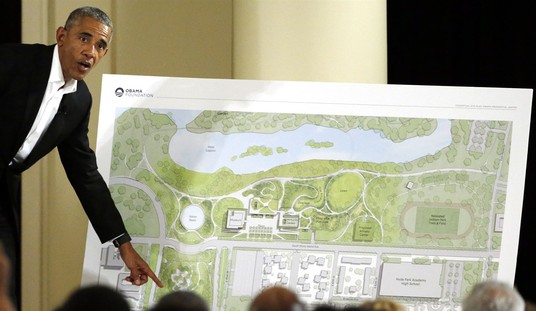By Rick Moran
While running well in the polls against Hillary Clinton, the Democratic party’s apparent Anointed One, some Republicans are unhappy with the prospect of Rudy Giuliani as their standard bearer.
And surprisingly, many Rudy doubters are not part of the Christian right who view the former New York mayor’s pro-choice stance with a jaundiced eye.
Indeed, many secular conservatives simply don’t trust Giuliani’s instincts. They are torn between the practical political reality that Giuliani might be the best national candidate to face off against a liberal Democrat in what is shaping up to be a Democratic year at the polls across the board and the fact that Rudy has behaved in a decidedly unconservative manner on occasion, calling into question his bona fides as a man of the right.
Part of the problem is surely the fact that conservative Republicans are as rare as hens teeth in New York City and that in order for Giuliani to run, win, and govern effectively as mayor, compromises with some conservative principles were inevitable. Leaving aside his position on social issues like abortion and gay marriage, Giuliani appeared to coddle illegal immigrants by ordering city employees not to contact the INS about immigration violations.
Rudy has since explained that he didn’t want illegals hesitating to report a crime out of fear of being deported. Others point to his advocacy for “sanctuary cities,” leading a suit that went all the way to the Supreme Court against a federal government decree that forced city employees to cooperate with the INS in matters involving illegal immigrants.
He also famously said that the Welfare Reform Act “did more harm than good” largely because he felt it was “anti-immigrant.” He accused the pro-enforcement lobby of being “anti-immigrant” and thought sentiment against immigrants was “one of the most serious problems” of the day.
Then there was the fact that the Conservative Party of New York refused to put him on their ballot, citing his endorsement by the Liberal Party and his views on “affirmative action, gay rights, gun control, school prayer, and tuition tax credits.”
Giuliani was elected and then re-elected as a “law and order” moderate with a history of reaching out to minorities and other constituencies not normally associated with membership in the Chamber of Commerce or Young Americans for Freedom. He held the line on taxes and spending while advocating vouchers for public school children. In short, the former mob prosecutor demonstrated that he believed in conservative principles of governance – as long as they didn’t interfere with his ability to govern and maintain his popularity.
On top of all that, the Republican party has not nominated as president a resident from the northeast since 1956 when Eisenhower was chosen by the party faithful.
All of this has many conservatives wishing there was a more ideologically sound alternative but recognizing that in order to stop Hillary Clinton, Giuliani with his appeal to moderates may be their best bet. And the split in conservative ranks between the religious right and the more secular oriented libertarian conservatives has prevented much of the party’s right wing from coalescing around a single favorite thus allowing Giuliani to run on his “electability” credentials instead of his adherence to orthodox conservative principles.
But Giuliani is far from a shoo-in despite his continued lead in national polls. Those same polls show him getting around 30% of the GOP vote which is a long way from the 50% he needs to win the nomination. As the field narrows, it may very well be that so-called “values voters” and main street conservatives who don’t trust Giuliani will discover a candidate more to their liking and finally come to an agreement in order to stop Rudy from winning the nomination outright. This was the idea behind Fred Thompson’s campaign. Thompson has not gotten out of the box and lit a fire under conservatives as it was once thought he would. But the former Tennessee Senator still has time to find his voice and start uniting conservatives under his banner. Whether he has the ability or even the desire to do so may be open to question.
Giuliani’s number one problem is with the anti-abortion crowd who tend to be the most committed voters in the Republican party. Several leading lights of that movement have already made it plain that they will never vote for Giuliani under any circumstances. To lance that boil, Giuliani addressed the “Values Voters Summit” in Washington this past weekend not to make any converts but to show that despite his pro-choice stance, he shares many values with the religious right. By all accounts, it was a good performance but didn’t win him any new friends. A straw poll taken at the Summit had Giuliani finishing dead last.
Whether Giuliani’s appearance at the Summit and outreach efforts to the religious right will prevent the GOP nightmare of the anti-abortion true believers forming a third party to put a candidate on the ballot who would siphon votes away from the Republican nominee is not known and probably won’t be until after the primaries are over. And given Giuliani’s problems with other conservatives, the prospect that the GOP may end up with a nominee with which most of the base is not enamored is a real possibility.
The last time the base was less than enthusiastic about a candidate was in 1976 when Gerald Ford narrowly lost to Jimmy Carter. That year, conservative hearts were with Ronald Reagan but Ford’s incumbency was seen as making him more electable. As a result of that ennui, enough conservatives stayed home to give the election to the Democrat.
Can something similar happen in 2008? Given how evenly divided the electorate has shown itself the last two elections, even a small percentage of conservatives who choose to sit this one out could very well make Hillary Clinton President of the United States.









Join the conversation as a VIP Member